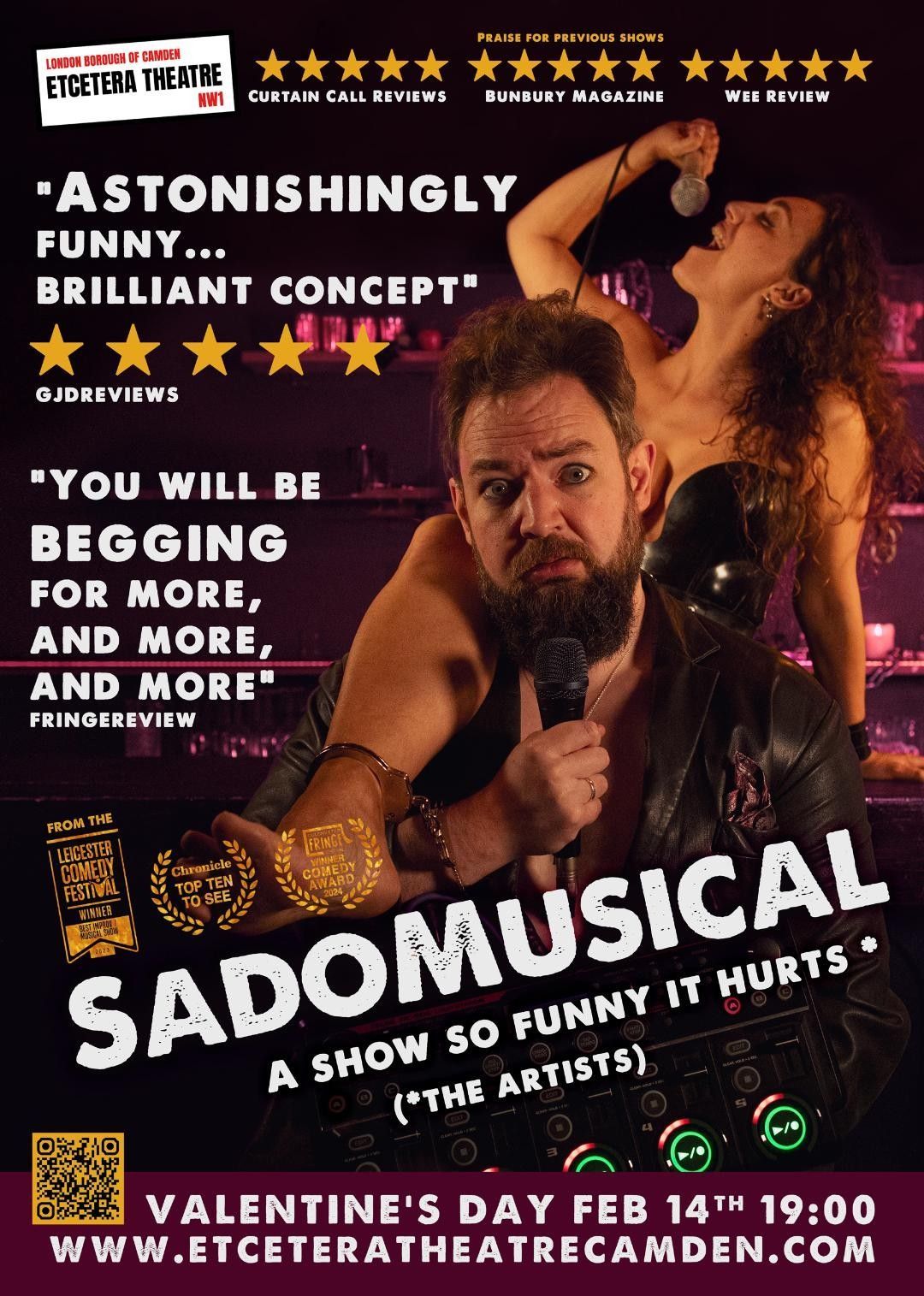REVIEW: FUNNY GUY by Patrick Nash at Barons Court Theatre 25 – 27 July

‘Maybe a fool’s paradise is the only paradise.’ ★★☆☆☆
This is a dark comedy that examines morality, seduction, greed, human flaws and reality vs fantasy.
Dan and his wife Emma are content in their marriage. Their friends, Bill and Margie, not so much. As Margie pushes her quietly content and geeky IT programmer husband to be more ambitious and earn more money, the dichotomy of what’s actually important in life vs conventional status and wealth is explored.
Dan is charming, freewheeling, fun and popular - according to the rest of the characters. Personally, I found him smug and overbearing as he waxed lyrical about other people’s psychological issues and faults. However, Bill wants to emulated Dan, and with Dan’s help, his life changes course. But as Bill reaches the pinnacles of success, it comes at a cost.
“Funny Guy” takes a critical look at consumerism, materialism and, whether it is aware or not, often does so at the expense of the female characters. Some of the views espoused feel dated e.g. Margie complaining that her husband doesn’t make enough money for her to enjoy the lifestyle she wants and the fact that she makes a higher income than Bill makes him less of a man in her eyes. Emma echoes this view later, referring to her marriage to Dan as “nothing”, claiming that Dan is “not a man” when she discovers her husband’s bank account is low on funds. The women are reduced to superficial stereotypes who only seem interested in materialism as a path to happiness, while the male characters pontificate about morality and seem satisfied with their lot, driven to unrest by their wives demands. I’m not sure whose outlook this is supposed to reflect, because it certainly isn’t my generation, the Millennials or Gen Z.
What did ring true is that none of the characters are exempt from flaws. There is no clear ‘good’ character to root for, they're all guilty of moral dubiousness, which is a refreshing take. We’re all complicated and flawed and “Funny Guy” doesn’t try to push a particular agenda, it simply asks questions and leaves the audience to draw their own conclusions.
The scenes are short which maintains a swift pace. There are several interesting plot twists, but the humour was too sparing and I was a little confused when the life-sized neon marionette puppet entered the fray. Impressive though it was (and excellently operated by Tommy Vance), it felt surplus to the plot. It added a menacing undertone, but felt like it was there for the sake of spectacle rather than as a legitimate plot development. No explanation was given as to how or why the marionette puppet had magical powers or had chosen to bestow them on the characters. Can we allow leeway for artistic licence? Absolutely, but I’d rather have been given more backstory on the puppet than further yoga scenes with the discontented wives.
The performances were earnest and this is clearly a passion project for those involved, which is commendable.
Box office: info@baronscourtheatre.com / 020 8932 4747
Directed by Jesse R. Tendler
CAST
DAN - Jud Meyers
EMMA - Karen Genaro Dosanjh
BILL - Jesse R. Tendler
MARGIE - Clara Francesca
THE NEON -Tommy Vance
Reviewer Annie Power is the Artistic Director of Open Page Productions, and an award-winning writer and producer.






